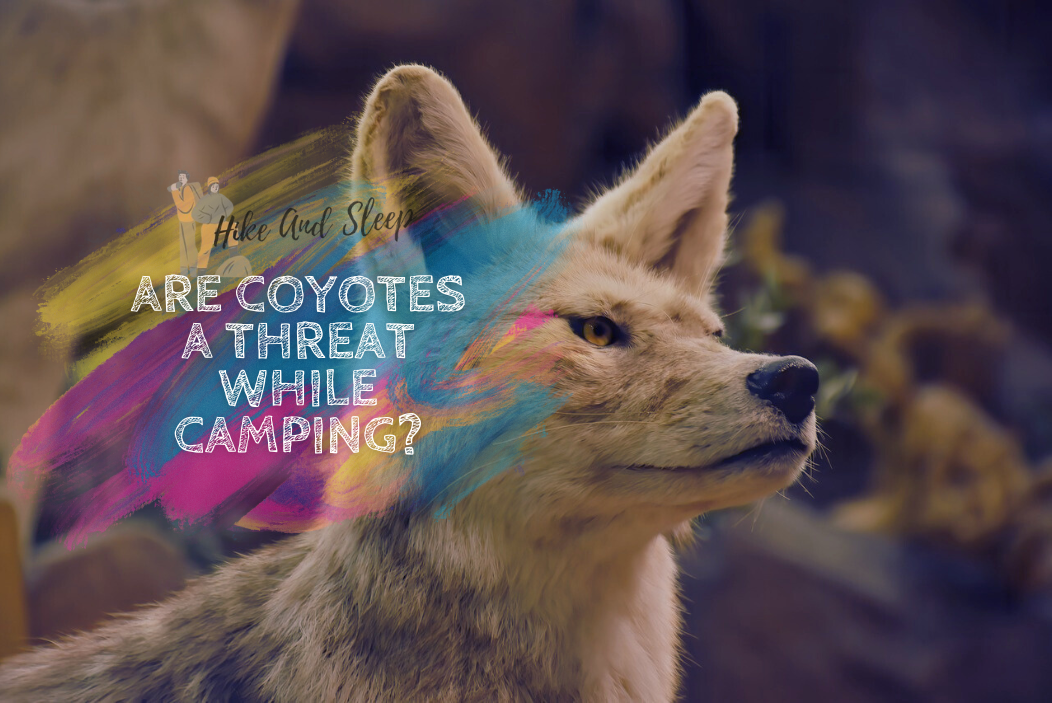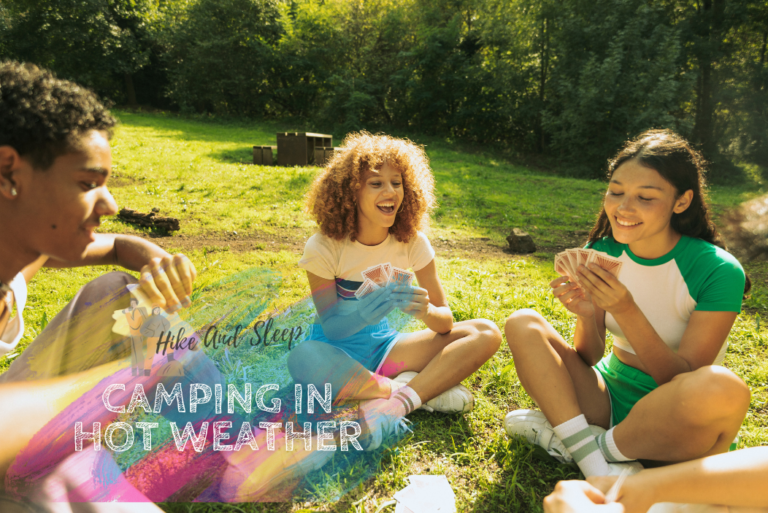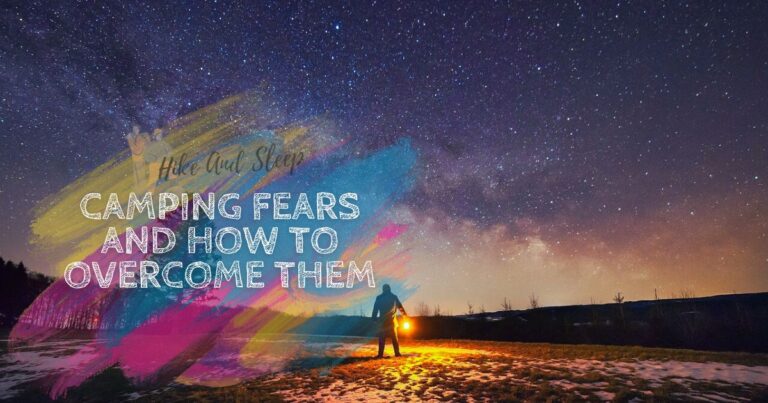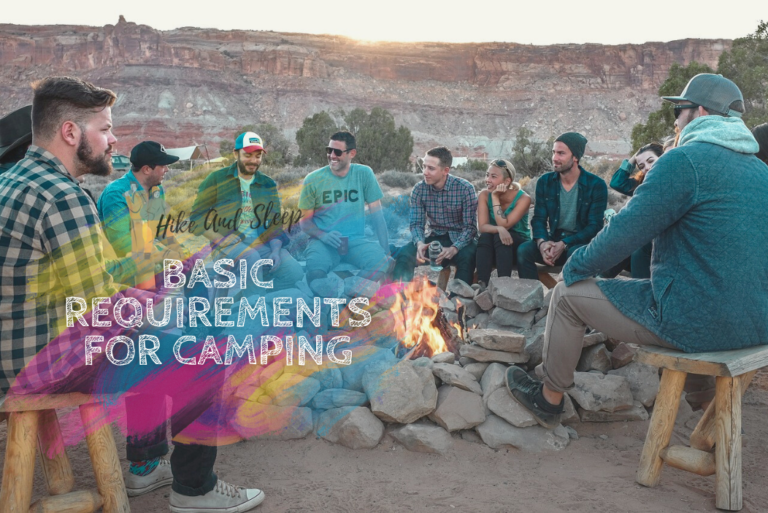Are Coyotes A Threat While Camping?
Camping with coyotes can be an exhilarating and unforgettable experience. While these elusive creatures are often associated with their eerie howls and mysterious presence, encountering them in their natural habitat can offer a unique perspective on wildlife.
It is generally unlikely that coyotes might attack humans or tents. They are usually only curious about the food or anything in the storage. If by any chance, they do come closer to your campsite/tent, you might want to seem bigger and more noisy to scare them away.
In this article, we will delve into the world of camping with coyotes, providing you with valuable insights and tips for a safe and enjoyable adventure.
Table of Contents
About Coyotes
Coyotes are highly adaptable and intelligent creatures that are native to North America. They are members of the Canidae family and resemble medium-sized dogs with bushy tails.
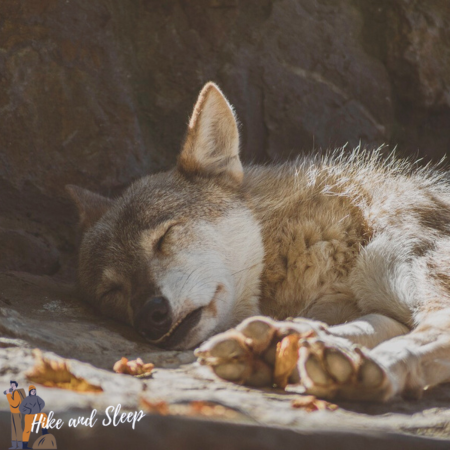
Coyotes are primarily nocturnal and have a diverse diet, feeding on small mammals, birds, fruits, and vegetation. They are known for their distinct vocalizations, including howls, barks, and yips, which play a crucial role in their social communication.
Preparing for a Camping Trip with Coyotes
Choosing the Right Camping Location
When planning a camping trip with the intent to observe coyotes, it is essential to select a suitable location. Research areas are known for coyote sightings or consult with local park authorities for guidance. National parks and wilderness areas often offer opportunities to witness these fascinating creatures in their natural environment.
Camping Equipment Essentials
To ensure a comfortable camping experience, make sure to pack the necessary equipment. This includes a durable tent, sleeping bags, a camping stove, food supplies, and appropriate clothing for varying weather conditions. Additionally, consider bringing binoculars and a camera to enhance your wildlife viewing experience.
Safety Measures and Precautions
Safety should be a top priority when camping with coyotes. Familiarize yourself with basic wilderness survival skills, such as navigation, first aid, and emergency procedures. Store food securely to minimize the risk of attracting wildlife, including coyotes. Keep a safe distance from any wildlife encounters and never approach or feed them.
Campsite Setup and Coyote Deterrents
Establishing a Secure Campsite
Setting up a secure campsite is crucial when camping with coyotes. Choose a flat and open area away from dense vegetation, as this reduces the likelihood of coyotes venturing too close. Keep your campsite clean and free of food scraps to avoid attracting wildlife.
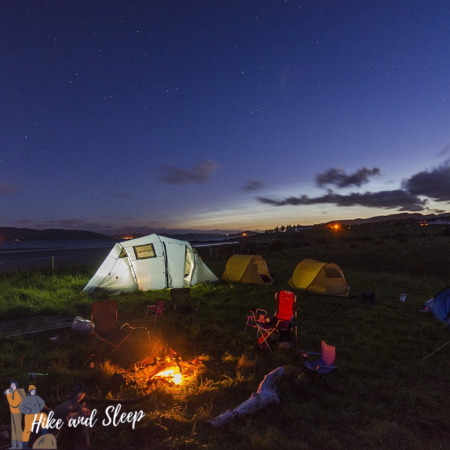
Coyote Deterrent Strategies
Although coyotes generally avoid human contact, it is still wise to employ deterrent strategies. Hang trash bags or food supplies from a tree branch to prevent easy access for wildlife. Consider using noise deterrents, such as wind chimes or motion-activated alarms, to discourage coyotes from approaching your campsite.
Nighttime Experience and Coyote Behavior
Observing Coyotes from a Distance
Nighttime offers a prime opportunity to observe coyotes in their element. Find a vantage point near your campsite and listen for their distinct vocalizations. Observe them from a safe distance using binoculars or a telescope, but refrain from using flashlights or disturbing their natural behaviors.
Interacting Safely with Coyotes
If you encounter a coyote during your camping trip, it is essential to remain calm and maintain a safe distance. Avoid direct eye contact and back away slowly without turning your back. In the rare event of a close encounter, make yourself appear larger by raising your arms and making loud noises to deter the coyote.
Enjoying Nature with Coyotes
Hiking and Exploring Trails
Coyotes often inhabit areas with diverse ecosystems and beautiful trails, making them ideal companions for hiking enthusiasts. Take advantage of the opportunity to explore these trails while respecting the wildlife and their natural habitat. Stay on designated paths and follow park regulations to ensure minimal impact on the environment.

Wildlife Photography Opportunities
Camping with coyotes can provide remarkable opportunities for wildlife photography. Capture the essence of these wild creatures in their natural surroundings, but remember to prioritize their well-being and safety. Use a telephoto lens to maintain a safe distance and avoid disrupting their behavior or habitat.
Conclusion
Embarking on a camping adventure with coyotes offers a thrilling and educational experience. By understanding coyote behavior, preparing adequately, and respecting their presence, you can enjoy a unique connection with nature.
Remember to prioritize safety, be mindful of wildlife, and cherish the memories you create during this extraordinary journey.
Read Also: Camping Fears, Camping air mattress for heavyweight, How to secure dogs when camping
FAQs
Are coyotes dangerous to campers?
Coyotes are generally not a threat to campers if appropriate safety measures are followed. Keep a safe distance and avoid direct contact.
Can I feed coyotes during my camping trip?
No, it is strongly advised against feeding wildlife, including coyotes. Feeding them can lead to habituation and may pose risks to both humans and coyotes.
How can I differentiate between a coyote and a wolf?
Coyotes are smaller than wolves, usually weighing between 20 to 50 pounds. They have pointed ears, a slender body, and a bushy tail. Wolves, on the other hand, are larger and have a more robust build.
What should I do if a coyote approaches my campsite?
Stay calm, make yourself appear larger, and make loud noises to scare the coyote away. Never run from a coyote as it may trigger a chase response.
Can I bring my dog while camping with coyotes?
It is generally recommended to avoid bringing pets, especially dogs when camping with coyotes. Dogs can trigger aggressive behavior in coyotes and potentially endanger both the pet and the wildlife.

